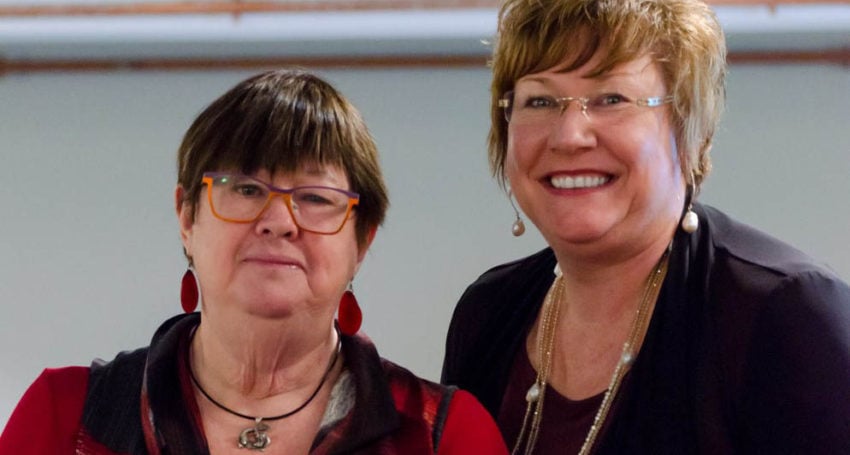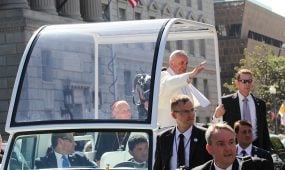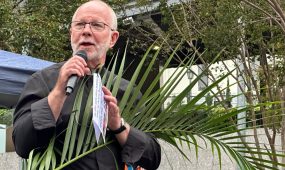Navigating complexity together
Reflections
“A key highlight of the first workshop was hearing a lay parish leader comment at the end of the day that she now knows that she is not alone in the challenges she faces, and that a complexity approach will help give her the language and a framework tool to help navigate her way through these challenges,” says Resource Church specialist The Rev’d Daniel Hobbs

Our Diocesan community recently held the first Adapting Ministry in Complex Times workshop, as part of the exciting Resource Churches project initiative, which also involves The Very Rev’d Dr Peter Catt working alongside Communications and Community Engagement specialist Michelle McDonald in the advocacy messaging space.
I am coordinating a co-learning community as a Resource Church specialist alongside Resource Church leader The Very Rev’d Dr Peter Catt who has extensive experience in, and knowledge of, the complexity space.
Advertisement
Eleven diverse parishes from different locations and traditions have been invited to participate in this pilot group, with several individuals from each parish taking part, including the parish priest and two to four lay leaders.
Six workshops will be held over a period of eight months on different participating parish grounds, with an online community of practice currently developing via a built-for-purpose online platform, which also makes resources available.
It was great to see the response of participants when they discovered on the day that the workshop series was launched that this is not a traditional consultancy experience, but rather a community of practice that will benefit from the insights of Complexability facilitators Vivienne Read and Julie Cunningham and the wisdom and experience of their Anglican community leader peers.
The co-learning community seeks to form leaders so they are better equipped to discern and engage with what is emerging in their communities, with a focus on:
- Building shared capabilities between clergy and laity for working in complexity.
- Addressing current issues of concern in the life of faith communities.
- Practical application through implementing and monitoring innovative initiatives.
In the forthcoming workshops we will explore what complexity is and about complexity theory, complexity methods and principles, systems thinking and the Cynefin Framework.
Participating parish communities will engage with learning modules in complexity principles and methods integrated with theological reflection and formation. In addition, there will be ongoing mentoring and coaching.
Experiences and insights throughout the pilot program will be captured via special online software called SenseMaker®, which includes a cohort learning and reflection journal that turns stories into data.
Advertisement
What I found most interesting about the recent Saturday launching workshop was discovering that such a diverse group of parishes from across our Diocese are experiencing many of the same challenges, including resourcing; fundraising; ageing congregations; ageing assets; depleted funds; and, the shift towards hybrid in-person/online service and ministry delivery.
Another shared key challenge that emerged in Saturday’s dialogue is balancing compliance and administrative requirements with mission and ministry, especially in environments where the Church may be seen as irrelevant or with suspicion.
A key highlight of the first workshop was hearing a lay parish leader comment at the end of the day that she now knows that she is not alone in the challenges she faces, and that a complexity approach will help give her the language and a framework tool to help navigate her way through these challenges.
I look forward to exploring the facets of complexity further in my new role as a Resource Church specialist, alongside experienced practitioners like Peter Catt , and seeing how parishioners and fellow priests adapt the principles and tools learnt during the workshops in their own faith communities.
Stay tuned for Cathedral parishioner Angie Mooney’s and The Rev’d Sue Grimmett’s insights on what they have learned through their workshop and community of practice participation and how they have adapted these learnings to their diverse ministries.





